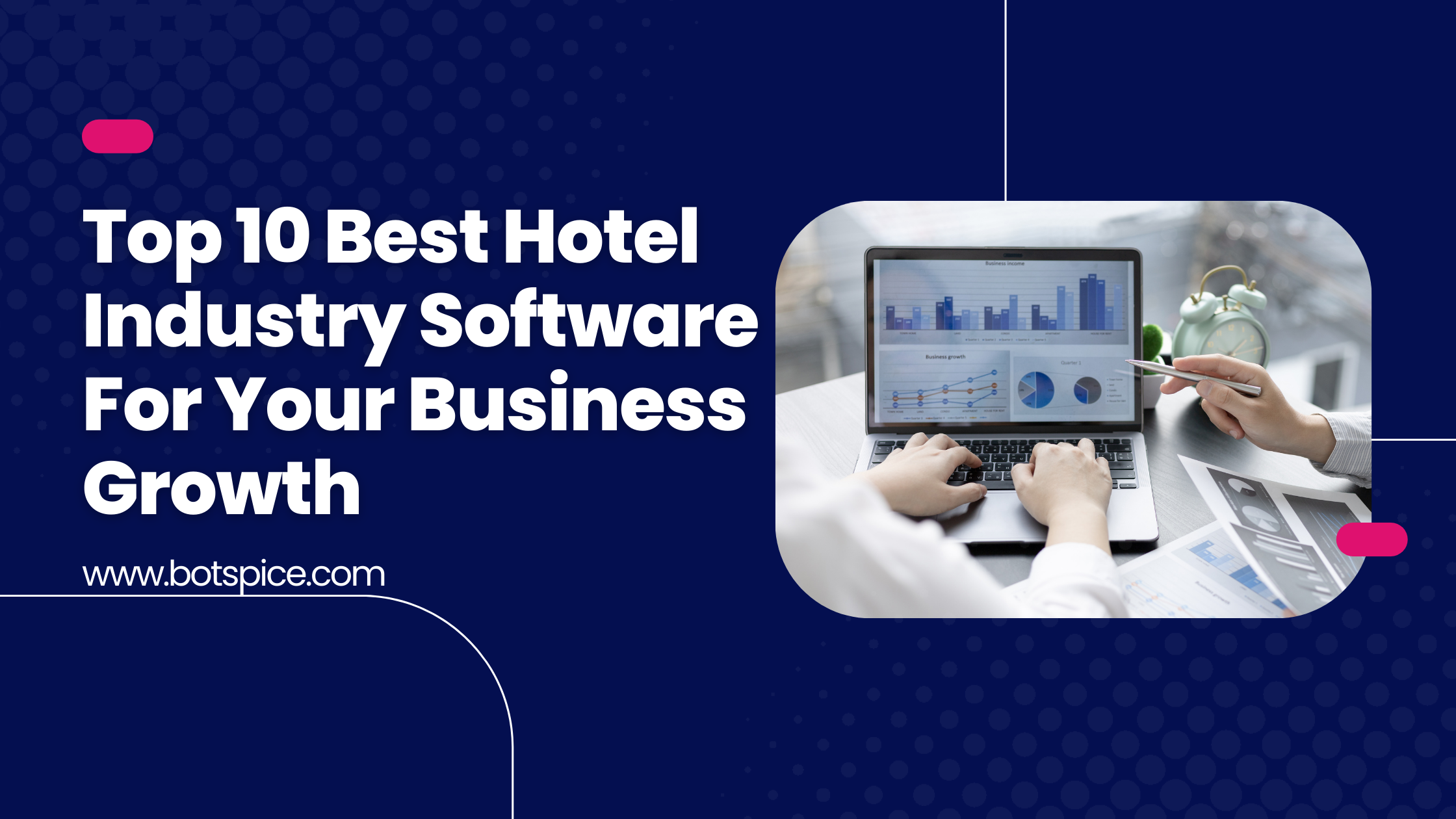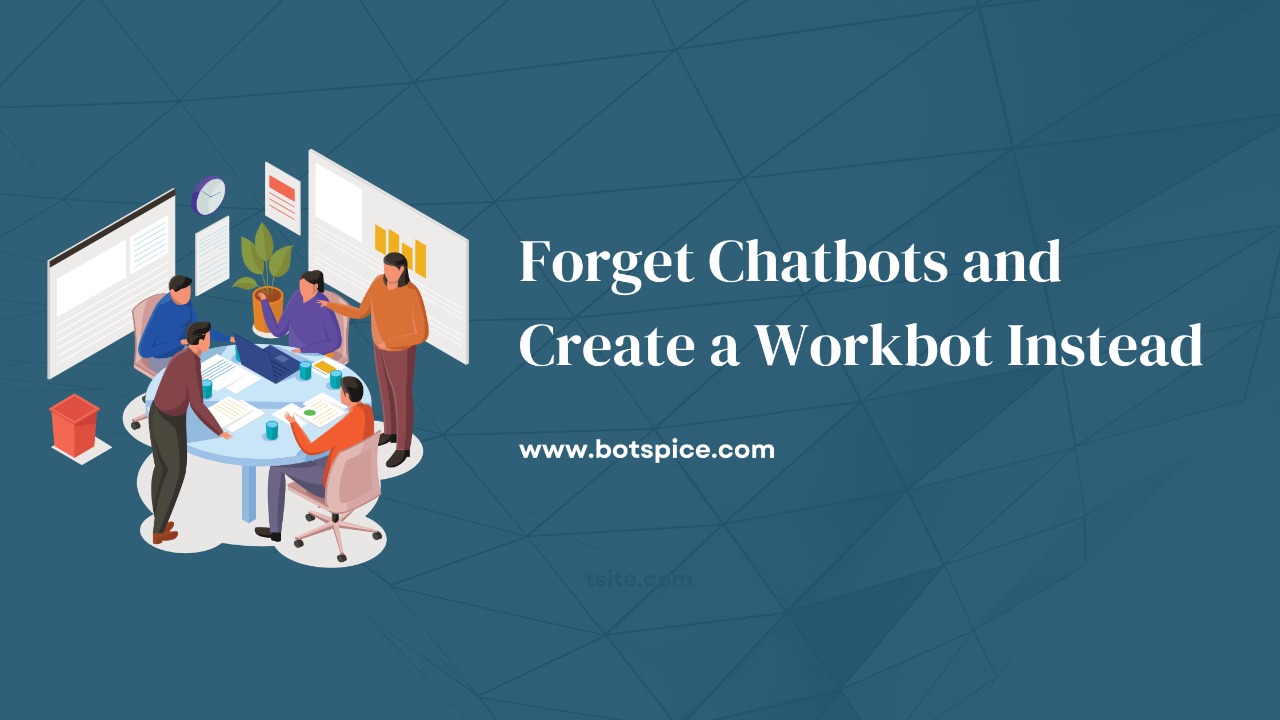Explore the role of native mobile apps in the hotel industry and how Progressive Web Apps (PWAs) powered by Conversational AI offer a flexible, cost-effective alternative. Learn about the challenges, benefits, and considerations for choosing the best digital solution to enhance guest experiences and streamline hotel operations.
Key Takeaways:
- Native apps enhance guest experience but come with high development costs and adoption challenges.
- PWAs offer cross-platform access without requiring downloads, making them more flexible.
- PWAs are cost-effective, easy to maintain, and SEO-friendly.
- Choosing the right solution depends on hotel size, guest demographics, and operational needs.
Table of Contents
The Role of Native Mobile Apps in the Hotel Industry
In today’s fast-paced digital world, native mobile apps have become a significant tool in the hotel industry. Many hotels, especially larger chains, are building dedicated apps to improve customer engagement, streamline operations, and offer personalized experiences. With smartphones now an essential part of daily life, mobile apps give hotel managers a unique way to stay connected with their guests.
Apps offer a seamless user experience, as they are developed specifically for the operating system they run on (iOS or Android). The speed and performance of a native app allow hotels to integrate features like online booking, digital concierge services, mobile check-in, room service orders, and even keyless entry systems. Having all these services under one roof enhances the guest experience, creating a more convenient and personalized stay.
Challenges with Native Apps
However, building and maintaining a native mobile app for a hotel chain is not without its challenges.
- First, there’s the significant investment required — both time and money. Developing an app from scratch, ensuring it works flawlessly on multiple operating systems, and keeping it updated for new versions can be costly.
- Additionally, there’s the challenge of customer adoption. Many guests prefer not to download another app for a service they might use only during a short stay. Convincing them to install and engage with a hotel’s app can be difficult.
- Another consideration is that native apps can become outdated if not regularly maintained. Constant updates and improvements are needed to keep up with technological changes and customer expectations, which can add to the overall cost.
- Security is also a growing concern. Hotel apps often require sensitive guest information, such as payment details or personal preferences, making them a potential target for cyber threats if not properly secured.
Benefits and Use Cases
Despite these challenges, many hotels have found success with native apps. Apps can offer direct communication between the hotel and guests through push notifications. Hotels can inform guests about special offers, events, or upgrades during their stay. Additionally, the data collected through app usage — like guest preferences, booking history, and stay patterns — can help personalize services, leading to a more customized experience for frequent visitors.
For luxury hotels, where personalisation is a priority, apps allow them to curate bespoke experiences. For example, a frequent guest who loves spa services can be automatically offered discounts on spa treatments via the app, adding a personal touch that builds loyalty.
Is a Native App Right for Your Hotel?
With all these benefits in mind, the next question is: does your hotel really need a native app? For large hotel chains with a high number of frequent visitors, the investment might make sense. But for smaller or mid-sized properties, the return on investment might not be as clear. Furthermore, not every guest will be willing to download an app for a single visit.
So, what’s the alternative? This is where the conversation shifts to Progressive Web Apps (PWAs), which may be better suited to certain hotel operations.
Progressive Web Apps: A Flexible Alternative
Progressive Web Apps (PWAs) have emerged as a powerful alternative to native apps in the hotel industry. They combine the best of both web and mobile app experiences. PWAs are essentially web-based applications that function like native apps, offering fast, responsive, and engaging experiences without requiring guests to download anything.
One key advantage of PWAs is that they work seamlessly across all platforms — iOS, Android, desktop, and more. Guests can access your hotel’s services through their web browser, without the need for an app store. This is particularly useful for short-stay guests who don’t want to go through the hassle of downloading an app.
The Benefits of PWAs
1. Cost-Effective: Developing a PWA is more cost-effective compared to a native app. Since PWAs are built for the web, there’s no need to develop separate versions for different operating systems. Updates and maintenance are also easier to manage.
2. No Download Barrier: One of the most significant hurdles with native apps is the requirement for guests to download the app. PWAs remove this barrier, allowing instant access through a browser. Whether it’s booking a room, ordering room service, or making a reservation, guests can interact with your hotel without needing to install anything.
3. Offline Functionality: PWAs can offer offline capabilities, meaning users can continue browsing or interacting with certain features even without a stable internet connection. This is particularly beneficial in areas where Wi-Fi might be spotty.
4. SEO-Friendly: Since PWAs are web-based, they can be indexed by search engines. This gives hotels better visibility online, allowing potential guests to discover the hotel’s services easily.
Real-Life Scenarios: How PWAs Can Transform Hotel Services
Imagine a guest checking into your hotel after a long journey. They want to order room service but don’t have your hotel’s app installed. With a PWA, they can simply open their browser, type in the hotel’s web link, and instantly access a mobile-friendly interface to order food. It’s quick, easy, and eliminates the need to download anything.
Another scenario: a guest wants to book a room for their next visit. Instead of navigating through a third-party booking site, they can go directly to your hotel’s PWA, make the booking, and receive personalised offers based on their stay history — all in a frictionless experience.
A Better Solution for Today’s Hotels
While native apps have their place, especially for large chains with frequent customers, the flexibility and ease of PWAs make them a more viable option for many hotels. Progressive Web Apps provide the same level of user engagement and service delivery without the high costs or user adoption challenges of native apps. They also ensure that your hotel remains accessible on all platforms, meeting the needs of today’s guests.
Hotels that want to remain agile, cost-effective, and accessible should seriously consider PWAs as a future-proof solution for delivering a high-quality digital experience to guests.
Why not try a free demo and see how an AI driven PWA solution like Virtual Concierge by BotSpice can transform your business, drive revenue, and optimize operations, while elevating guest experience.






